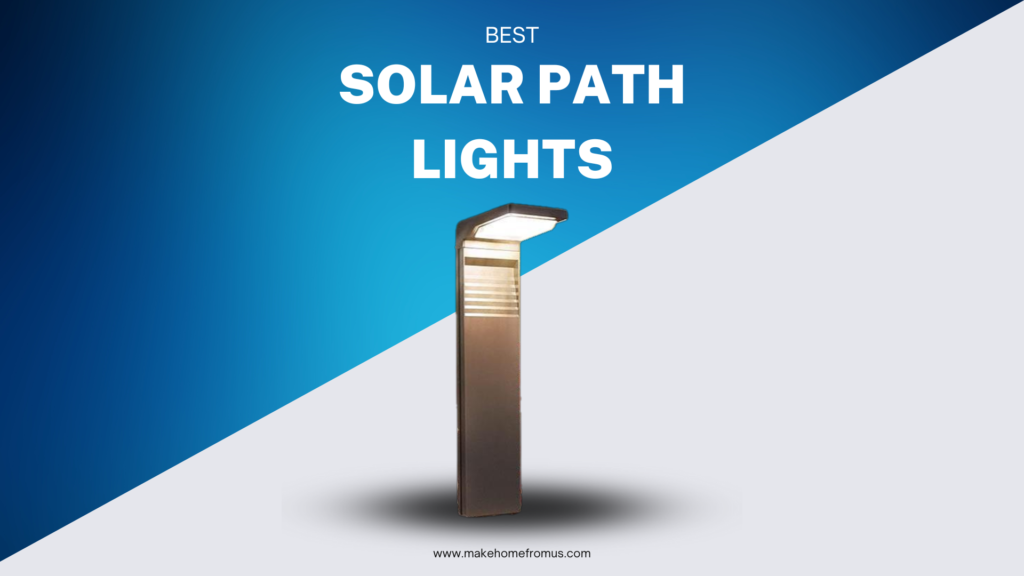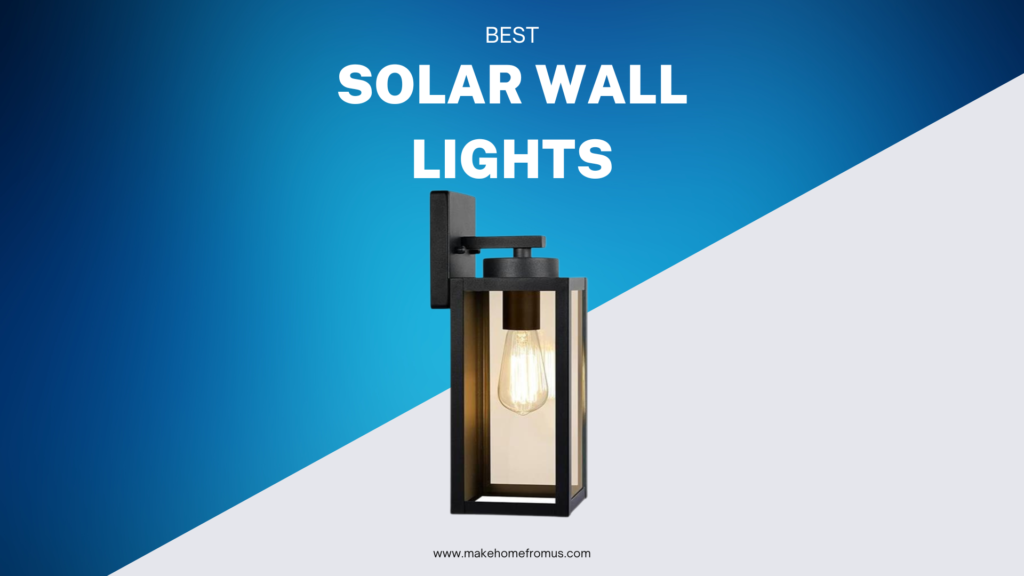Green home certification programs play an essential role in advancing sustainable residential construction by setting measurable standards for energy efficiency, water conservation, and indoor air quality. Initiatives such as ENERGY STAR and WaterSense not only facilitate a reduced environmental footprint for homeowners but also promise long-term financial savings. As the demand for eco-friendly living spaces continues to grow, it becomes vital to understand the implications of these certifications on property value and occupant health. What might be the broader impact of these programs on the housing market and community well-being?
Key Takeaways
- Green home certification programs, like ENERGY STAR and WaterSense, promote energy and water efficiency in residential construction.
- ENERGY STAR certified homes are at least 10% more efficient than standard homes, enhancing comfort and reducing emissions.
- The Indoor airPLUS Program focuses on improving indoor air quality by minimizing pollutants and contaminants in homes.
- WaterSense certification ensures homes use 25% less water, promoting sustainable water management practices for both indoor and outdoor needs.
- Other green building programs, such as LEED Residential and PHIUS+, offer diverse options for homeowners committed to eco-friendly living.
Green Home Certification Programs
Green home certification programs play an essential role in promoting eco-friendly building practices.
Various federal certification initiatives, along with other green building programs, recognize homes that prioritize sustainability and energy efficiency.
Federal certification programs
Federal certification programs play an essential role in promoting green homes by offering various certifications that guarantee energy efficiency and sustainability.
Programs like ENERGY STAR and WaterSense help homeowners create comfortable and eco-friendly living spaces, while the Zero Energy Ready Homes initiative focuses on eliminating energy bills entirely.
These certifications not only enhance the quality of life for residents but also contribute to a healthier planet for everyone.
ENERGY STAR: Enjoy a more energy-efficient, comfortable, & durable home
Achieving energy efficiency in residential construction is made easier through the ENERGY STAR certification program, which enables homeowners to enjoy a more comfortable and durable living environment.
ENERGY STAR certified homes are independently verified, ensuring they are at least 10% more efficient than standard homes. This not only saves energy but also promotes reduced greenhouse gas emissions, enhancing overall quality of life.
ENERGY STAR NextGen: Level-up with advanced electric technologies
The ENERGY STAR NextGen certification represents a significant advancement in residential energy efficiency, recognizing homes and apartments that seamlessly integrate state-of-the-art electric technologies.
This includes:
- Heat pumps
- Heat pump water heaters
- Electric cooking appliances
- Electric vehicle charging capabilities
Indoor airPLUS: Maximize indoor air quality
Indoor air quality is a critical aspect of healthy living environments, and the EPA’s Indoor airPLUS program is dedicated to enhancing this essential element within green building practices.
This program promotes cleaner air through:
- Required construction practices to reduce pollutants
- Product specifications that limit contaminants
- Extensive guidelines for healthier indoor environments
Embrace the freedom of fresh air and create a safer, more lively home!
WaterSense: Use water efficiently
WaterSense certification represents a significant advancement in promoting water efficiency within residential settings, requiring homes to employ at least 25% less water than conventional standards.
This program includes thorough inspections to verify compliance with both indoor and outdoor water efficiency requirements.
Zero Energy Ready Homes: Zero out your energy bills
Zero Energy Ready Homes (ZERH) represent a significant evolution in residential energy efficiency, offering a pathway for homeowners to drastically reduce their energy bills.
These homes are designed to be 40% to 50% more energy-efficient than typical constructions, providing:
- Enhanced comfort with superior insulation
- Advanced energy-saving technologies
- Opportunities for renewable energy integration
Experience the freedom of lower utility costs and sustainable living!
Other green building programs
Exploring various green building programs reveals a diverse range of options for homeowners seeking to boost sustainability in their living spaces.
For those ready to raise their commitment to eco-friendly living, several whole-home certification programs stand out:
- Enterprise Community Partners: Green Communities
- ICC 700 National Green Building Standard (NGBS)
- Passive House Institute U.S.: PHIUS+
- U.S. Green Building Council: LEED Residential
Each program offers unique approaches to sustainability, with varying certification rigor and levels. This flexibility allows homeowners to choose the path that best aligns with their values and goals.
Frequently Asked Questions
Which Green Building Certification Is Best?
Determining the best green building certification depends on specific goals, such as energy efficiency or sustainable materials. LEED is versatile, while Energy Star emphasizes efficiency, making each suitable for different priorities in sustainable construction.
What Makes a Home Green Certified?
A green certified home incorporates energy-efficient systems, sustainable materials, water conservation measures, and improved indoor air quality. These elements collectively contribute to reduced environmental impact, lower utility costs, and healthier living environments for residents.
What Is Better Than LEED Certification?
While LEED certification is widely recognized, alternatives like BREEAM or the Living Building Challenge offer distinct advantages in specific situations, emphasizing rigorous sustainability metrics and customized assessments that may better align with certain project goals or regional requirements. Read more: LEED Certification
How Many Green Building Certifications Are There?
The scenery of green building certifications is diverse, with nearly a dozen recognized programs available. Each certification varies in focus, criteria, and recognition, enabling stakeholders to select the most suitable option for their sustainable building goals.



